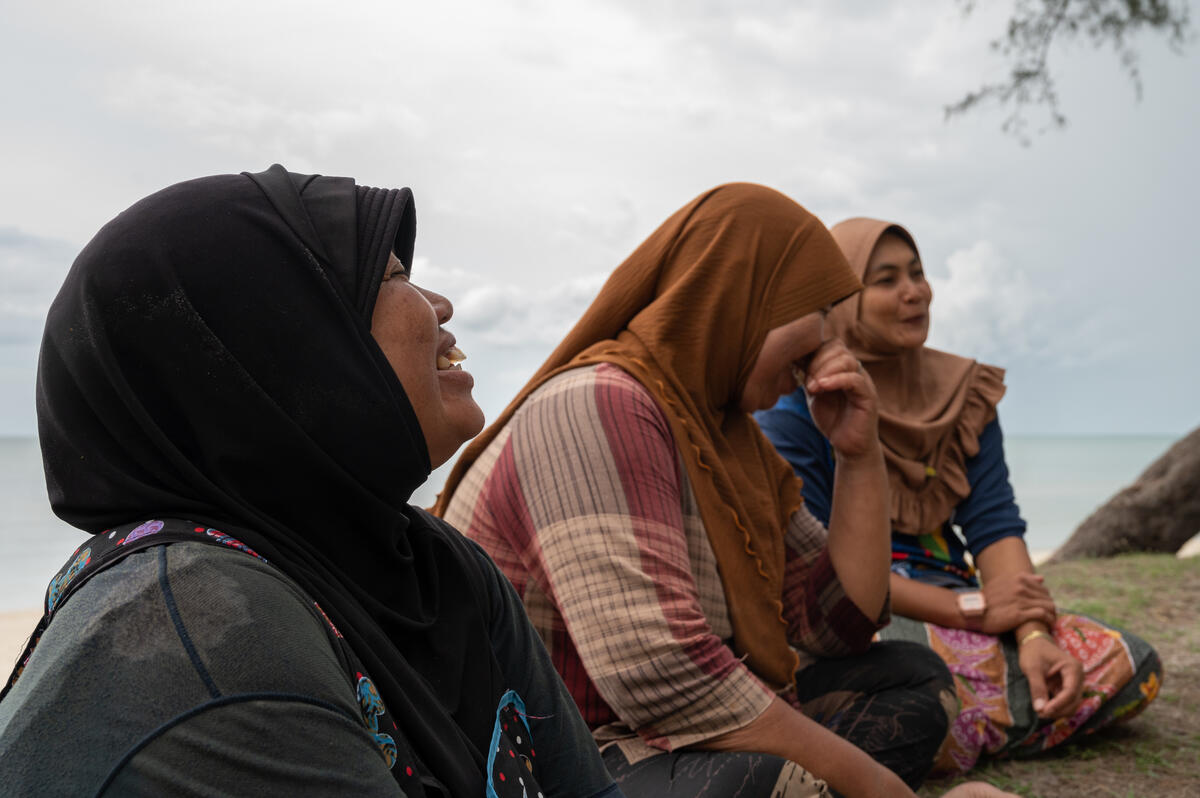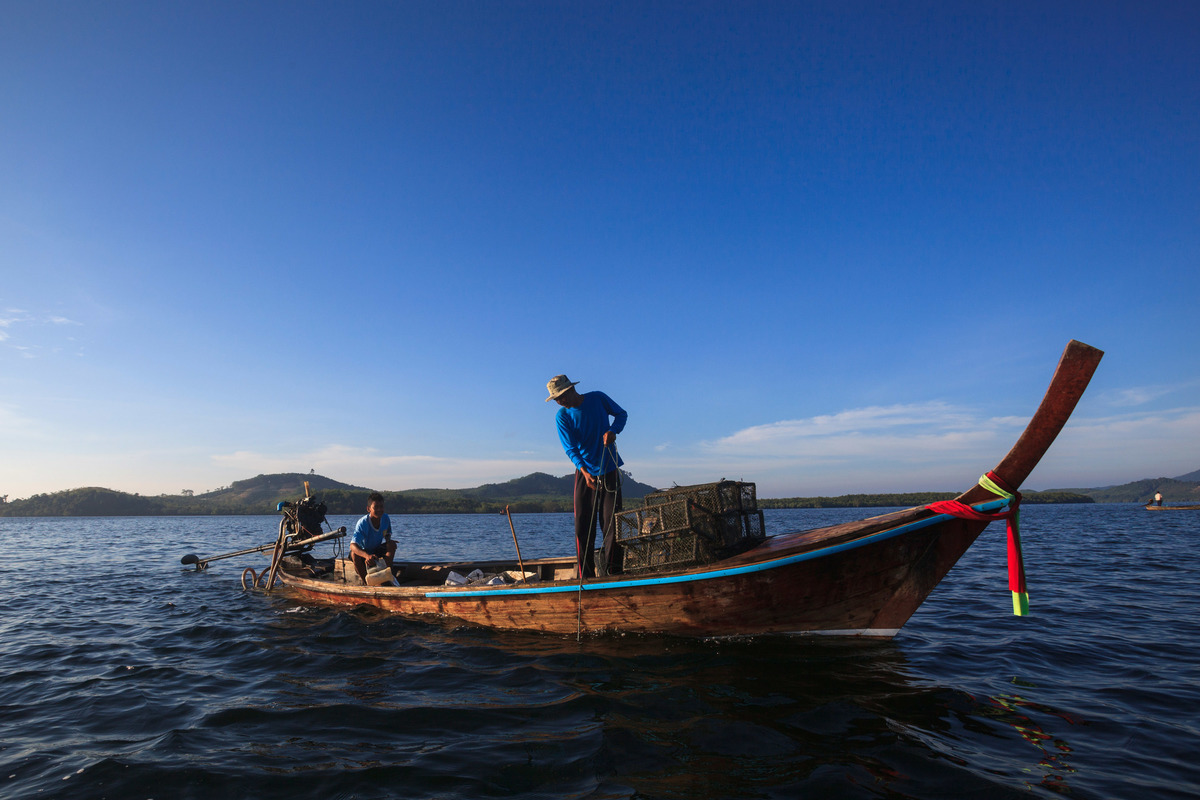On the evening of December 6, 2021, community members from Chana District encamped outside the Thai Government House in Bangkok. They came to remind the government of its promise to put on hold the controversial Chana industrial project that could potentially harm the local environment and their homeland. Despite their peaceful protest, 36 members of the Chana community were arrested by government agents.
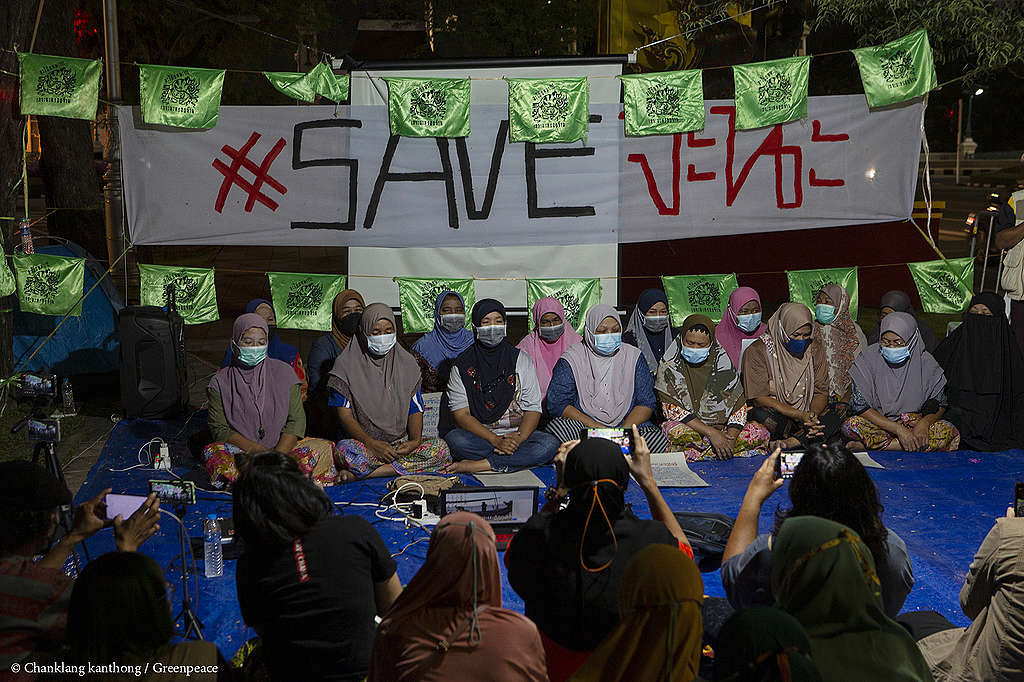
Chana is a coastal town in Songkhla province in southern Thailand- a region known for its marine and land ecosystems. Chana is also home to a growing Muslim population and majority of its residents have relied on fisheries and agriculture as their main livelihood.
In 2018, the Thai Cabinet approved a big-budget industrial project in the area, calling it the Chana Industrial Park project which includes the construction of industrial facilities, deep-sea ports, and biomass power plants. However, the approval was made without any local participation and many questioned the government for its lack of inclusion and transparency. Locals fear the industrial project could adversely impact their community, their culture and way of life.
A controversial project
In 2016, the Thai Cabinet approved in principle the industrial project, proposed by the Southern Border Province Administration Centre (SBPAC), as part of the National Development Strategy. The initial plan did not include the Chana district, but in 2018, Chana became part of the project without the local people’s knowledge and consent.
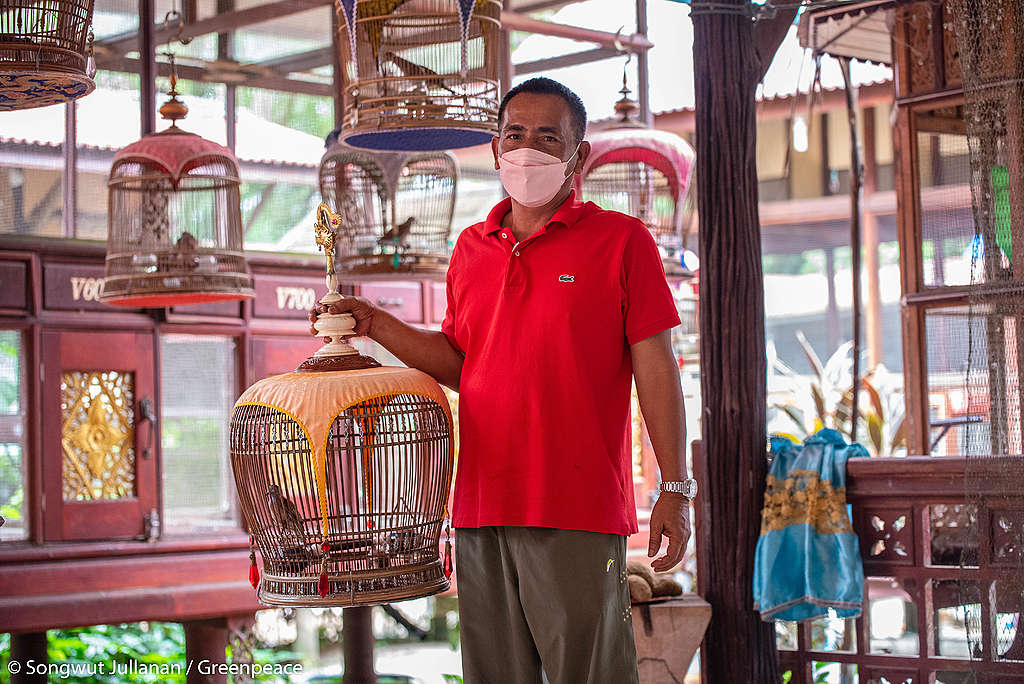
Last year, a public hearing forum was organized by the government but lacked the participation of local communities. The meeting was held without prior notice during the month of Ramadan, at the height of the COVID19 pandemic in Thailand. Local communities started questioning the transparency of the project.
In December 2020, members of the Chana Rak Thin movement (Save Chana), traveled to Bangkok and staged a protest outside the Government House for several days. They asked the government to halt the project until an environmental impact assessment has been made by a panel that includes all stakeholders.
The 2020 protest successfully led to a Memorandum of Understanding (MOU) wherein the government promised to stop the Chana Industrial project. However, this was not the case.
Empty promises
This year, the people of Chana again assembled outside the Government House in early December, asking the government to keep its promise as part of the agreement. However, the protesters were threatened with violence and 36 of them were subsequently arrested on December 6 and were detained overnight.
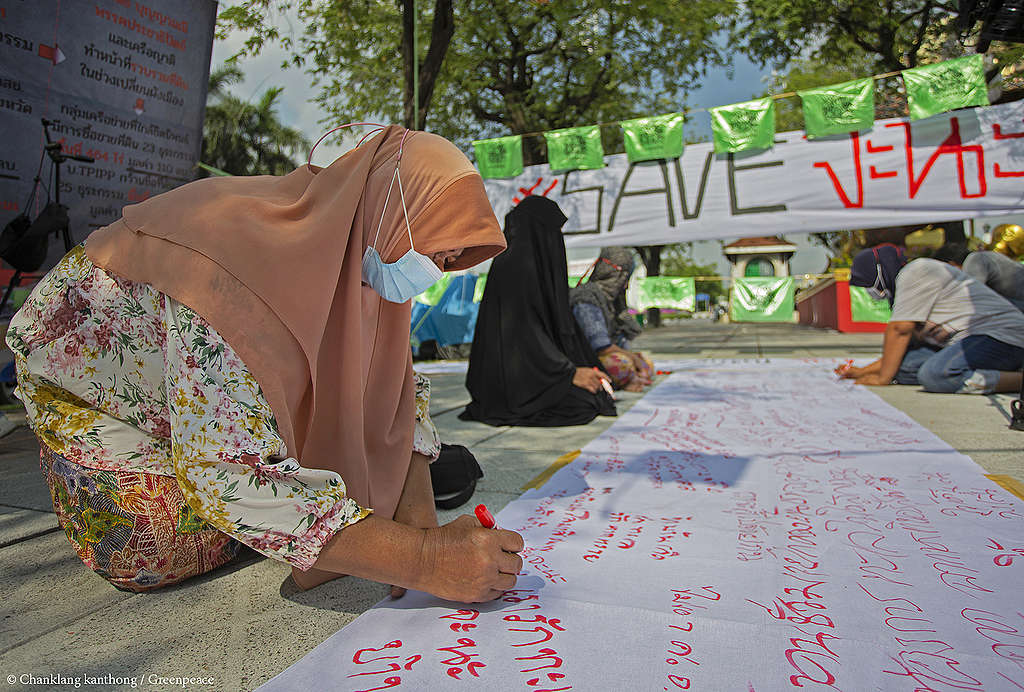
During detention, Rungrueng Rahmanyah, one of the protesters, wrote an open letter to the government that read:
“The officials negotiated with us saying they will not bring a case against us if we stop protesting against the industrial project. We do not accept it. We are ready to fight the case, and if we get out of here, we will be in front of the Government House again until we achieve our goals. The prosecution cannot deter us. We will put up a fight even if it costs us our lives.“
The 36 Chana protesters were released a day later under the condition that they would not stage anymore protests, but they refused. Instead, they returned to the Government House, with three demands for the Thai government to:
- Examine the operation of the Southern Border Provinces Administration Centre (SBPAC).
- Initiate the Strategic Environmental Assessment (SEA), whose findings must be acceptable to all parties and to come up with academic evidence that can assess as to whether the project is worth proceeding.
- Stop the Chana industrialization project until the above-mentioned demands are carried out.
It has been more than a week since the Chana people assembled at the Government House, and as of this writing, the government has not been in direct contact with them apart from the arrest on December 6.
Greenpeace Thailand is in solidarity with the Chana community in protecting the environment from this unjust development project that excludes participation of all stakeholders, particularly local communities who struggle to be heard and be part of the process. We demand the Thai Government to respect the voices of local communities and allow them to participate in any development plans concerning their homeland. Put people first before profit.


